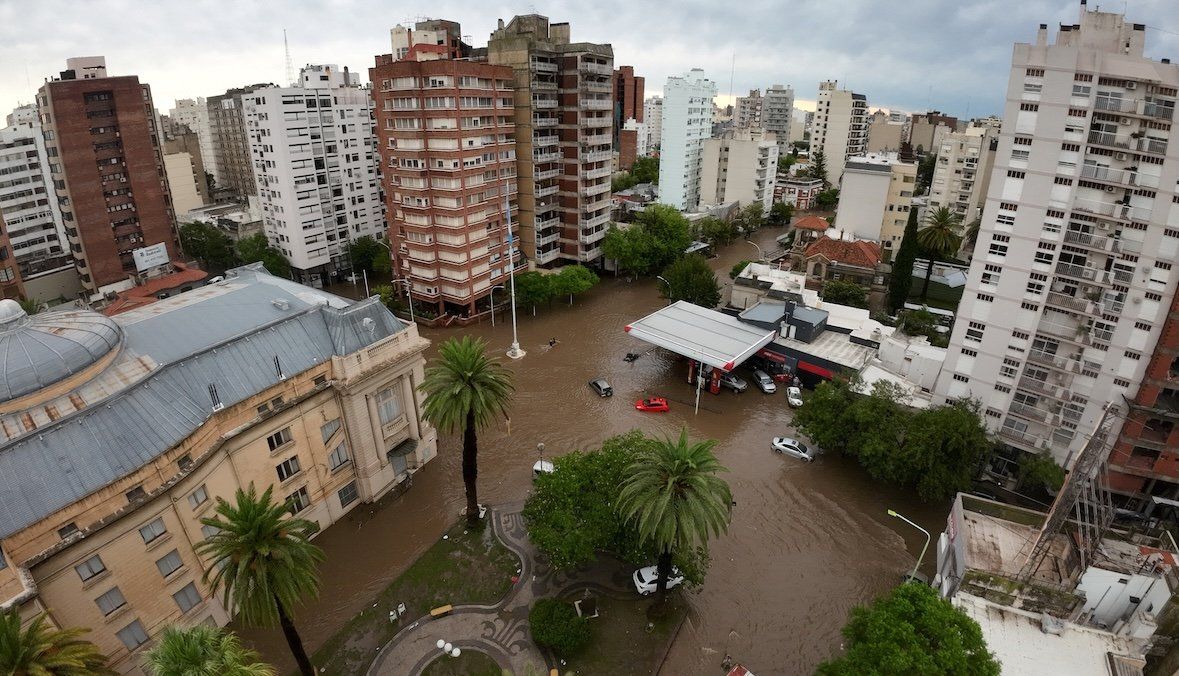13: The port city of Bahia Blanca, Argentina, was devastated by a massive rainstorm this weekend that dumped a year’s worth of rain in just a few hours, killing 13 people and displacing hundreds. A similarly devastating rainstorm in December 2023 also claimed 13 lives in Bahia Blanca.
400 million: Department of Homeland Security agents have
arrestedMahmoud Khalil, a Palestinian graduate student at Columbia University, who has led pro-Palestinian protests on campus. ICE agents revoked Khalil’s student visa and green card and transported him to an immigration detention facility, pursuant to US President
Donald Trump’s recent policy to deport international students involved in anti-Israel demonstrations. This move also follows Trump’s decision to cut
$400 million in federal funding to Columbia, citing the university’s inadequate response to antisemitic incidents.
200: A grim discovery was made in a clandestine crematorium in Jalisco, Mexico: 200 pairs of shoes. The footwear is believed to belong to people killed by organized criminal gangs. It was uncovered by relatives of some of Jalisco’s 15,000 missing people, the most of any state in Mexico, where over 100,000 people are registered as “disappeared.”
5 million: The Democratic Republic of Congo has announced a $5 million reward for information leading to the arrest of three M23 rebel leaders, and a $4 million reward for the arrest of two journalists in exile deemed as “accomplices.” But with the DRC’s army increasingly outmatched by rebel forces, the chances of capture are considered slim.
22: A new study reveals that America’s butterfly population has declined by 22% since 2000, with the Southwest hardest hit with a drop of over 50%. The change is primarily attributed to insecticides, climate change, and habitat loss, and it could imperil certain crops, including Texas cotton, of which half is pollinated by butterflies.
296: The latest twist in cyber warfare? Internet shutdowns. In 2024, 296 shutdowns were reported across 54 countries, compared with 283 shutdowns in 39 countries the previous year. Shutdowns were used for political control, to suppress dissent, and to disrupt elections, and they were particularly acute in Africa, where at least five have been in place for over a year.
